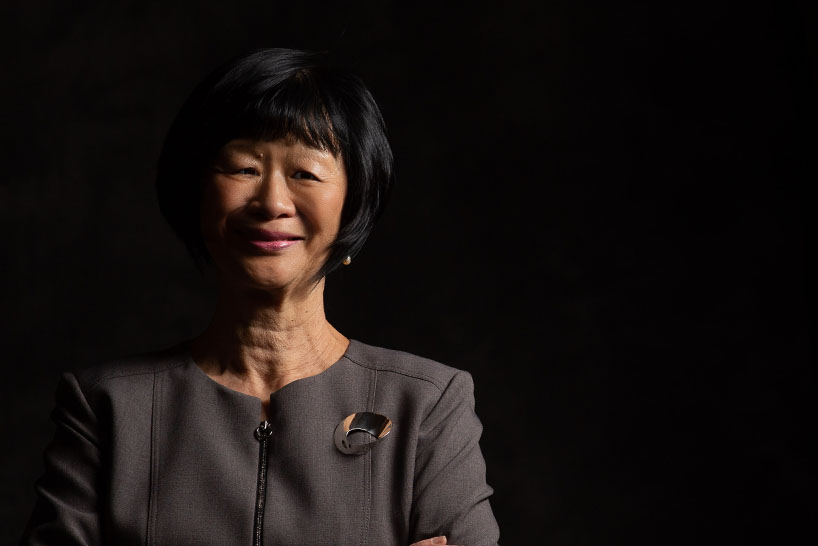Marriage is a Contract
Who can legally get married in New York?
A marriage is considered a contract, so it must meet some of the requirements of a contract. For example, you must be over the age of 18 and must have the mental capacity to enter into a contract. You cannot still be married to another living person. You also cannot marry anyone who is a close blood relative, such as a mother or father, a brother or sister, an uncle, aunt, niece or nephew. In New York, you can marry at the age of 16-17 with your parents’ consent. You can marry at the age of 14-15 if a court grants you permission. However, no one under the age of 14 can legally get married in New York. Your gender does not matter, because same-sex marriage is permitted in New York.
If you get married and you and your spouse are too closely related, then you are not legally married. If either of you are still legally married to a former spouse or do not meet the age requirements, then you are not legally married. In any such case, your marriage is considered void and it is as if you were never married.
Under certain circumstances, you can get a court to declare that your marriage is not valid. For example, if you or your spouse were not mentally competent when you got married, or you were forced or coerced into getting married, or if a physical disability prevents you or your spouse from having sex to consummate the marriage. These types of marriages may be able to be considered void. Marriages that involve these circumstances are valid until a court says the marriage is void. A marriage may also be able to be considered void if one spouse has been incurably mentally ill for a period of five years or more.
Generally speaking, marriages entered into outside of New York are valid in New York, and marriages entered into in New York are valid outside of New York. However, under the federal Defense of Marriage Act, same-sex marriages validly entered in New York may not be considered valid in other states. If you are a spouse in a same-sex marriage and are considering moving outside of New York, check the laws of the state (or country) where you are moving to determine whether your marriage is considered valid there. (On June 26, 2015, same-sex marriage was established in all 50 states as a result of the ruling by the Supreme Court of the United States.)
What are the steps needed to get married in New York?
In order to enter into a valid marriage in New York, you must obtain a marriage license and have the marriage ceremony conducted by a person who is allowed to perform such ceremonies. First, you must apply for and obtain a valid marriage license from a town or city clerk in New York. Then, you must deliver the license within 60 days to the clergy member or magistrate who will perform the marriage ceremony. This is a simple process, involving the following steps:
- Fill out a marriage application.
- You and the person you want to marry must appear together, at the same time, at the town or city clerk’s office to complete the processing of the license and to receive the license.
- You must wait at least 24 hours after receiving the license to get married, unless a court gives you permission to get married without waiting.
After the waiting period, you must go before a clergy member or magistrate and declare that you take each other as spouses. Only certain people can perform your marriage ceremony, including:
- A clergy member or minister of any religion, or by a senior leader of one of New York’s Societies for Ethical Culture;
- A mayor of a village, a county executive of a county, or a mayor, recorder, city magistrate, police justice or police magistrate of a city;
- A federal or state judge sitting in New York (a retired judge can sometimes perform marriage ceremonies as well); or
- A friend or relative can officiate your wedding once he or she is ordained for the ceremony.
If you do not want a marriage ceremony, you can get married by signing a written contract of marriage witnessed by two or more people. The contract must be acknowledged in front of a New York judge by the parties and witnesses.
Legal Editors: Charlotte Lee and Dalit Yarden, February 2015 (updated June 2020)
Changes may occur in this area of law. The information provided is brought to you as a public service with the help and assistance of volunteer legal editors, and is intended to help you better understand the law in general. It is not intended to be legal advice regarding your particular problem or to substitute for the advice of a lawyer.
Our Lawyers

Charlotte L.
LRS Lawyer
Our lawyers are screened and approved – they have all gone through an application and interview process. Each lawyer we recommend has been screened for significant experience, knowledge of ethics codes and rules, and law office practices, including customer service skills and handling of fees and billing.
About Us
When you call us, you will be speaking with an attorney. One of our attorney referral counselors takes your call and talks with you about your legal question, or reviews your online referral request. There is no charge to speak with one of our attorney referral counselors -- we’re here to help.

